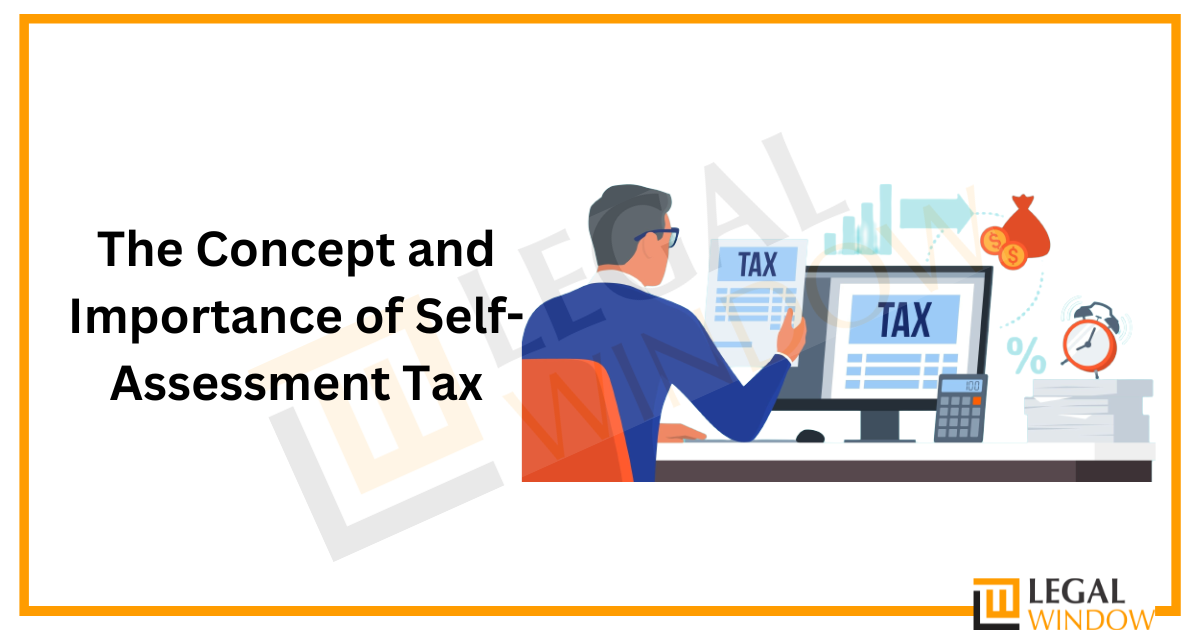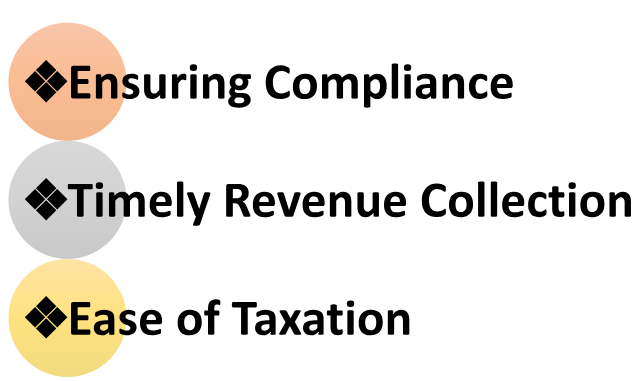
The income tax system in India requires individuals to calculate their tax liabilities and pay amounts through a process called self-assessment tax. This article deals with self-assessment tax’s core concepts and provisions and its importance in ensuring tax compliance.
Table of Contents
Definition of Self-Assessment Tax
Self-assessment tax means that the taxpayers assess and pay their tax liabilities after considering various sources of income, deductions, and exemptions per the IT Act, 1961 provisions.
Purpose of Self-Assessment Tax
The self-assessment tax was intended to shift the onus of determining and paying taxes from the tax authorities to the taxpayers themselves. This process helps in accurate tax computation, facilitates timely payment, and ensures compliance with income tax regulations.
Self-Assessment Tax for Salaried Employees
Salaried employees form a significant portion of the taxpayer base in India. For such individuals, self-assessment tax calculation requires a meticulous evaluation of various components of salary, allowances, exemptions, and deductions to arrive at the taxable income.
Illustration/Example: Suppose a salaried employee’s total taxable income for the financial year is INR 10,00,000. After considering deductions and exemptions, the calculated tax liability is INR 2,50,000. If the employee has already paid a total of INR 2,00,000 as tax deducted at source (TDS), the remaining INR 50,000 will be the self-assessment tax liability.
Also read: Concept of TDS and TDS Rate Chart for FY 2022-2023
Online Payment of Self-Assessment Tax
To provide convenience and efficiency, the Indian Income Tax Department offers taxpayers the option of making self-assessment tax payments online. The taxpayer can utilize the official tax payment portal provided by the government to calculate the tax payable and make the payment electronically.
Important Provisions in the IT Act
Self-assessment tax is mandated and governed by the Income Tax Act, 1961, specifically under Section 140A. This section provides the legal provision for self-assessment tax payment, penalties for non-compliance, and matters related to interest on delayed payment.
Importance and Benefits of Self-Assessment Tax

- Ensuring Compliance : Self-assessment tax plays a vital role in ensuring tax compliance as taxpayers are accountable for determining their tax liabilities accurately, thereby reducing the chances of underreporting or evasion.
- Timely Revenue Collection : By shifting the responsibility of tax calculation and payment to the taxpayers, the government can ensure timely revenue collection, as incorrect self-assessment tax filings may attract penalties and interest charges.
- Ease of Taxation : Self-assessment tax allows taxpayers to assess their tax liabilities at their convenience, taking into account various sources of income, deductions, and exemptions, without being solely reliant on tax authorities’ assessment.
End Note
Self-assessment tax is an integral part of the Indian income tax system, placing the responsibility of accurate tax computation and timely payment on the taxpayers. Understanding the provisions related to self-assessment tax is crucial to ensure compliance with the Income Tax Act, facilitate revenue collection, and foster a transparent and robust tax system in India.
In case of any query regarding Self-Assessment Tax, feel free to connect with our legal experts at Legal Window at 72407-51000.
CA Pulkit Goyal, is a fellow member of the Institute of Chartered Accountants of India (ICAI) having 10 years of experience in the profession of Chartered Accountancy and thorough understanding of the corporate as well as non-corporate entities taxation system. His core area of practice is foreign company taxation which has given him an edge in analytical thinking & executing assignments with a unique perspective. He has worked as a consultant with professionally managed corporates. He has experience of writing in different areas and keep at pace with the latest changes and analyze the different implications of various provisions of the act.
Categories
- Agreement Drafting (23)
- Annual Compliance (11)
- Change in Business (36)
- Company Law (148)
- Compliance (90)
- Digital Banking (3)
- Drug License (3)
- FEMA (17)
- Finance Company (42)
- Foreign Taxation (6)
- FSSAI License/Registration (14)
- GST (118)
- Hallmark Registration (1)
- Income Tax (200)
- Latest News (34)
- Miscellaneous (164)
- NBFC Registration (8)
- NGO (14)
- SEBI Registration (6)
- Section 8 Company (7)
- Start and manage a business (21)
- Startup/ Registration (130)
- Trademark Registration/IPR (40)
Recent Posts
- NGO Darpan Registration in Jaipur May 2, 2024
- Registration of Charges with ROC May 1, 2024
- Post incorporation compliances for companies in India April 30, 2024
About us
LegalWindow.in is a professional technology driven platform of multidisciplined experts like CA/CS/Lawyers spanning with an aim to provide concrete solution to individuals, start-ups and other business organisation by maximising their growth at an affordable cost.









